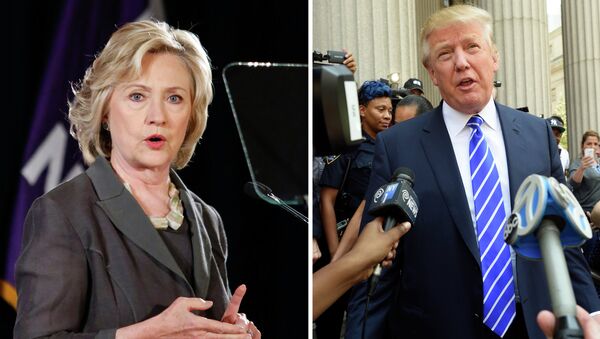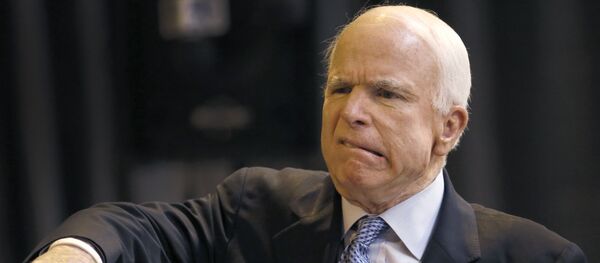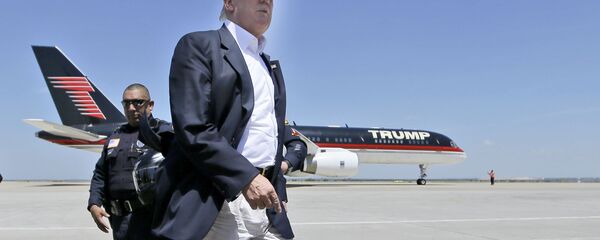The poll, conducted by Reuters/Ipsos, took a survey of over 7,000 Americans and revealed that 37% of adults in the US have a “somewhat unfavorable” or “very unfavorable” view of the religion of Islam, including 58% of Trump supporters and 24% of Clinton supporters.
The poll was conducted before Thursday’s attack in Nice, France, in which a truck was driven through people taking part in annual Bastille Day celebrations. The driver, who swerved for 1.2 miles before stopping, was eventually killed by authorities.
The treatment of Muslims in the United States has become an increasingly polarizing issue in the current US presidential election, with Trump calling for a temporary ban on an all Muslims entering America. He reiterated this call after Omar Mateen, an American citizen born in New York to Afghan parents, opened fire at an LGBTQ nightclub in Orlando in June, killing 49 people.
The poll also showed that 78% of Trump supporters and 36% of Clinton supporters consider adherents of Islam to be most likely to encourage acts of violence, compared to other religions. Twice as many Trump supporters agreed that Islam was more likely to encourage acts of violence against Americans, gay people and women.
Clinton has suggested the creation of a joint effort between the governments of Muslim countries and the US, to stem the rising tide of religious fundamentalist extremism. She denounced Trump’s remarks against Mexicans and Muslims, while Trump bewailed what he considers America’s kowtowing to political correctness.
American views on Muslims were most deeply drawn along the lines of party affiliation. Differences is class, gender, or age did not show as distinctively as did that between Democrats and Republicans.
Douglas McAdam, a sociology professor at Stanford University who studies American politics, said, "If it was true that Trump did not represent Republicans broadly defined, you would think Republicans would look different; they don't. It goes against the claims of the (former presidential candidate) Mitt Romneys of the world, that Trump is not really a Republican, that he doesn't represent the Republican party. He seems to be resonating with Republicans generally."
The Council on American-Islamic Relations [CAIR], an American Muslim civil rights group, said that in 2015 attacks on Muslims in the US and American mosques soared to their highest levels since records began being kept. There were 11 recorded incidents where a Muslim was the target of harassment or slurs and 31 recorded incidents of damage or destruction to mosques or other property.
Robert McCaw, director of government affairs for CAIR, told Sputnik that, "The Republican Party has become the political epicenter of Islamophobia in America, driving anti-Muslim hate."
McCaw explained that the climate of intolerance created by Trump and his supporters only serves to further alienate Muslim Americans from the society the Republican candidate’s followers claim they seek to protect.
"This political rhetoric not only inspires others to act [in a hostile way] or violently towards Muslims, but it also creates a fear within the community, especially within its children, as to whether there’s a place for them in this country," he said.
The poll ran from June 14 to July 6, in all 50 states. It included 7,473 US adults and has a credibility interval [a measurement of accuracy] of 1 percentage point.





